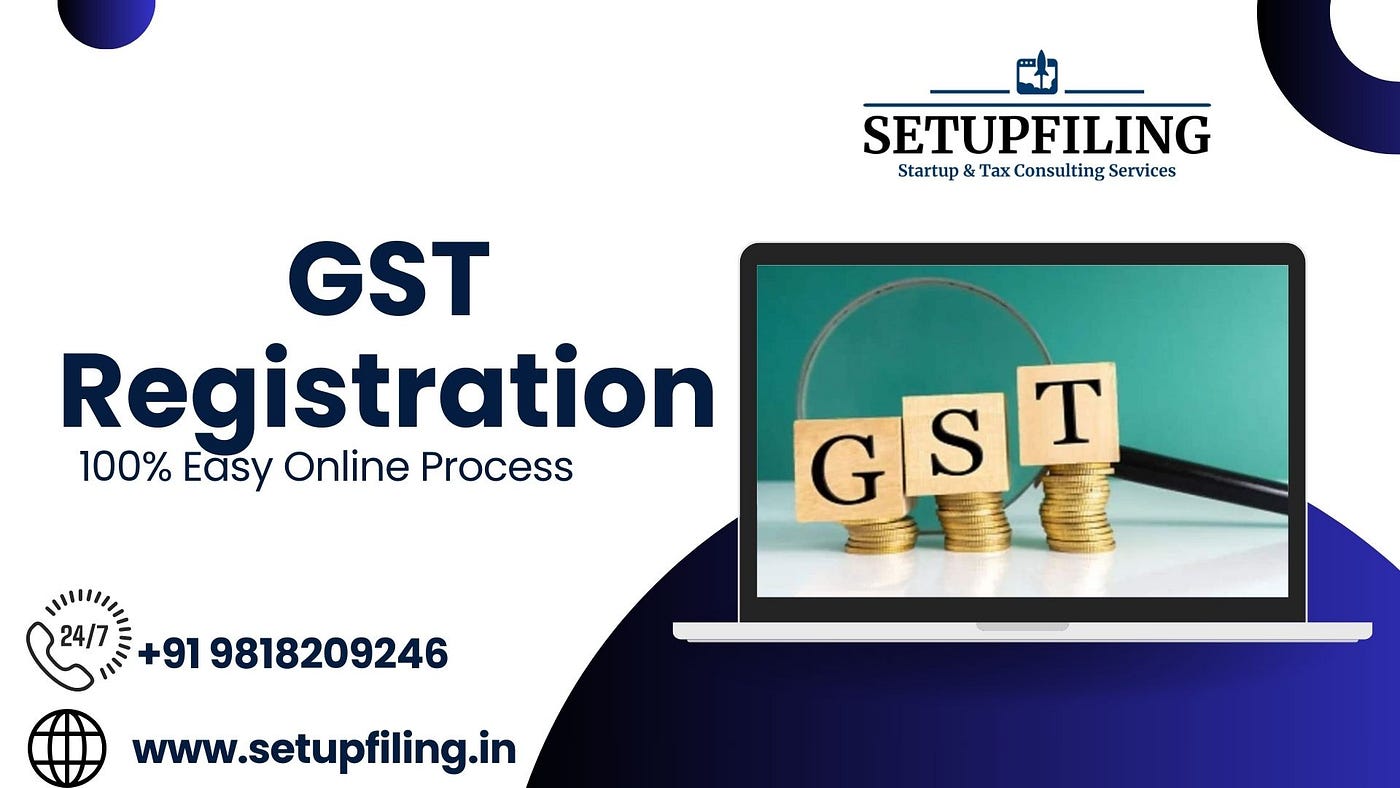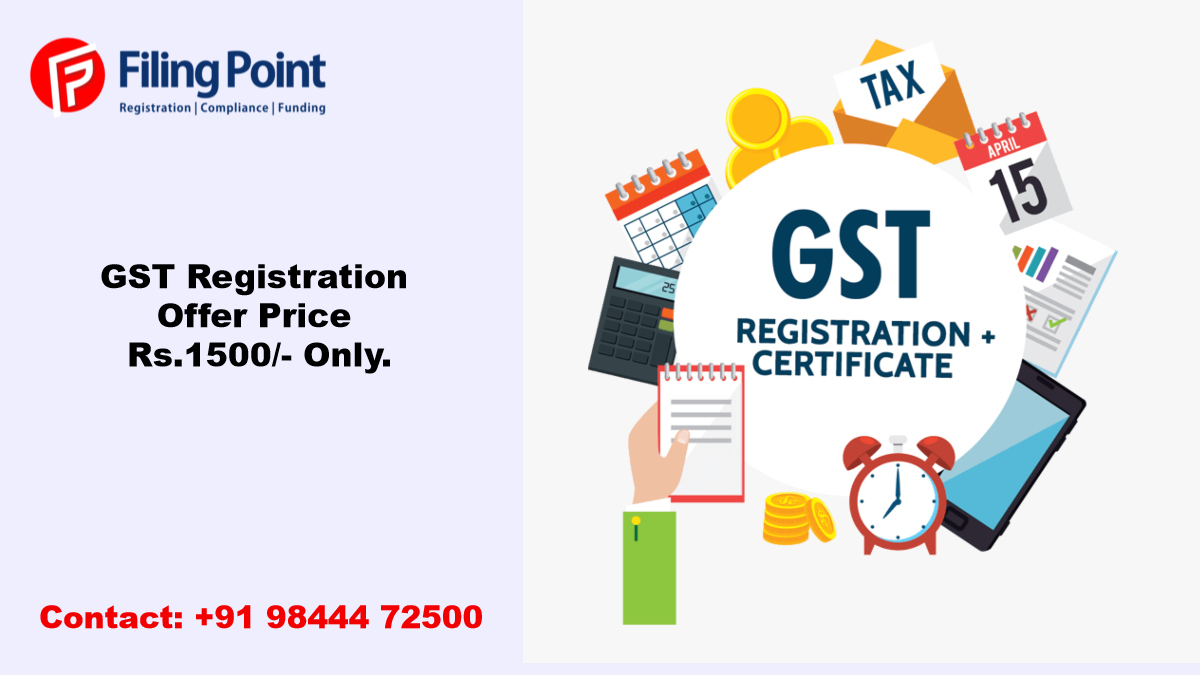Singapore GST Registration: What You Need to Know Before Using
Singapore GST Registration: What You Need to Know Before Using
Blog Article
The Ultimate Overview to Simplifying the GST Enrollment Process and Requirements for Small Company Owners

Recognizing GST Essentials
To realize the basics of the Goods and Solutions Tax Obligation (GST) system, tiny service owners need to first recognize its underlying principles and implications. Under the GST routine, companies are called for to register and accumulate tax obligation on part of the government, ensuring transparency and conformity.
One of the essential principles of GST is input tax credit, which enables businesses to declare credit rating for tax obligations paid on their acquisitions. This system protects against the cascading impact of tax obligations and promotes effectiveness in the tax obligation system. Additionally, GST is a destination-based tax, suggesting that the tax is levied at the factor of intake instead of the point of beginning. This ensures fair circulation of tax obligation income amongst states based upon where the items or services are eaten. Understanding these fundamental concepts is critical for small company proprietors to browse the intricacies of the GST system and guarantee compliance with the legislation.
Qualification Standards for Enrollment
Having actually developed a fundamental understanding of GST principles, local business owners need to now satisfy particular eligibility criteria to wage the registration process. In India, entities participated in the supply of items or solutions with an annual aggregate turn over going beyond Rs. 40 lakhs (Rs. 10 lakhs for unique group states) are needed to register for GST. Additionally, certain businesses such as those associated with inter-state supply of items, informal taxable persons, and those called for to pay tax under the reverse charge device have to register for GST irrespective of their turn over. Services that were registered under the previous tax routine (BARREL, service tax obligation, and so on) are likewise mandated to register under GST. Agricultural organizations that only supply create out of primary manufacturing are exempt from GST enrollment. It is critical for entrepreneur to carefully assess their qualification based upon these criteria to ensure conformity with the legislation and prevent any kind of penalties for non-compliance.
Documents Required for GST Enrollment

Simplified Enrollment Refine Steps
Adhering to the collection and verification of the requisite documents, the enrollment procedure for GST can be navigated via a collection of simplified actions developed to help with reliable compliance for tiny company owners. Upon successful verification, an Application Recommendation Number (ARN) is released, showing the conclusion of the GST enrollment procedure. By adhering to these streamlined actions, tiny organization proprietors can effectively register for GST and guarantee compliance with tax policies.
Tips for Ensuring Compliance
To maintain regulatory adherence and operational integrity, persistent oversight and proactive procedures are pivotal in ensuring compliance with GST requirements for tiny organization proprietors. Small business owners must remain upgraded with GST laws, submitting target dates, and any kind of adjustments in tax obligation prices to prevent penalties and preserve a great standing with tax authorities. Participating in GST recognition workshops or training programs can boost understanding and conformity with GST guidelines, eventually benefiting the business in the lengthy run.
Final Thought
To conclude, local business proprietors have to comprehend the fundamentals of GST, meet the qualification requirements, gather necessary files, and follow the streamlined enrollment process actions to make sure compliance. By streamlining the GST enrollment process and needs, small company owners can stay clear of charges and operate their businesses efficiently within the legal structure - Singapore GST Registration. It is vital for local business owners to remain educated and certified with GST guidelines to maintain an effective company operation
Little business proprietors seeking GST registration must ensure they collect YOURURL.com and submit the necessary papers to complete the enrollment procedure effectively. The documents needed for GST enrollment normally include proof of organization enrollment or unification, FRYING PAN (Irreversible Account Number) card of the company entity, address and identification evidence of the promoters/partners/directors, photographs, address evidence of the location of company, bank account declarations or canceled cheques, and permission kinds. Attending GST understanding workshops or training programs can boost understanding and compliance her response with GST policies, inevitably benefiting the service in the long run.
By simplifying the GST registration procedure and needs, small company proprietors can avoid charges and run their businesses smoothly within the legal framework. It is critical for small company owners to remain enlightened and certified with GST regulations to maintain a successful service procedure.
Report this page